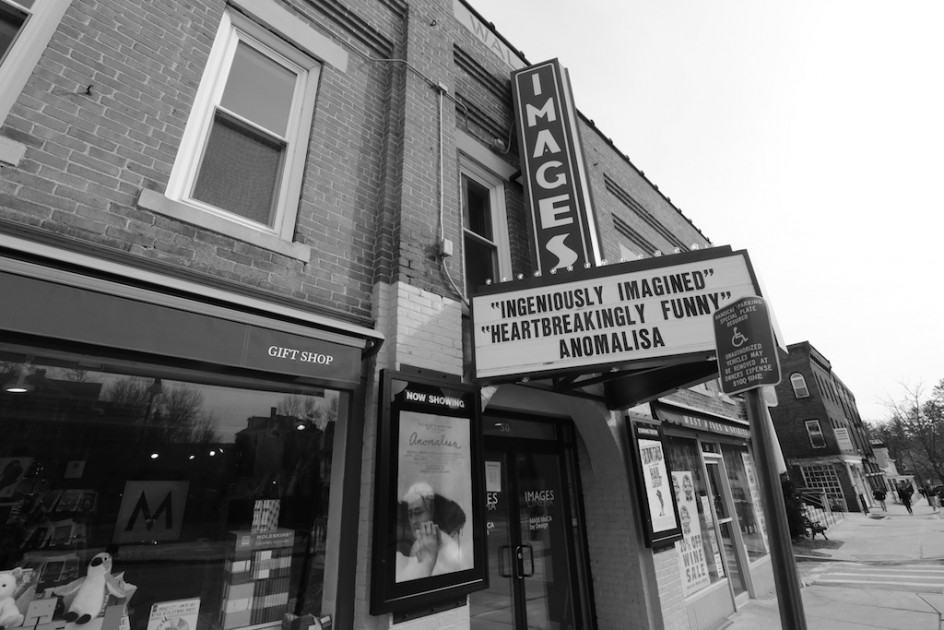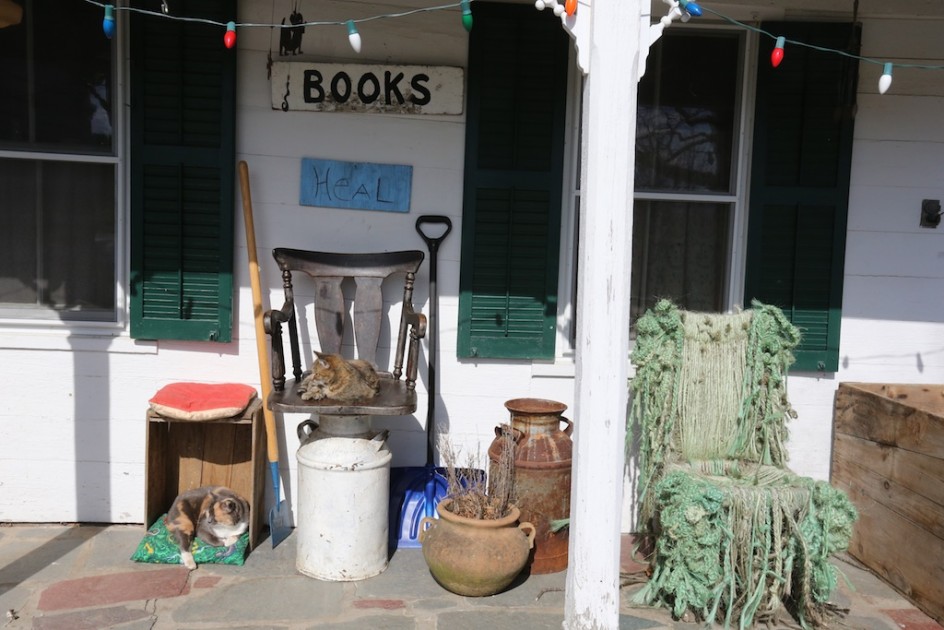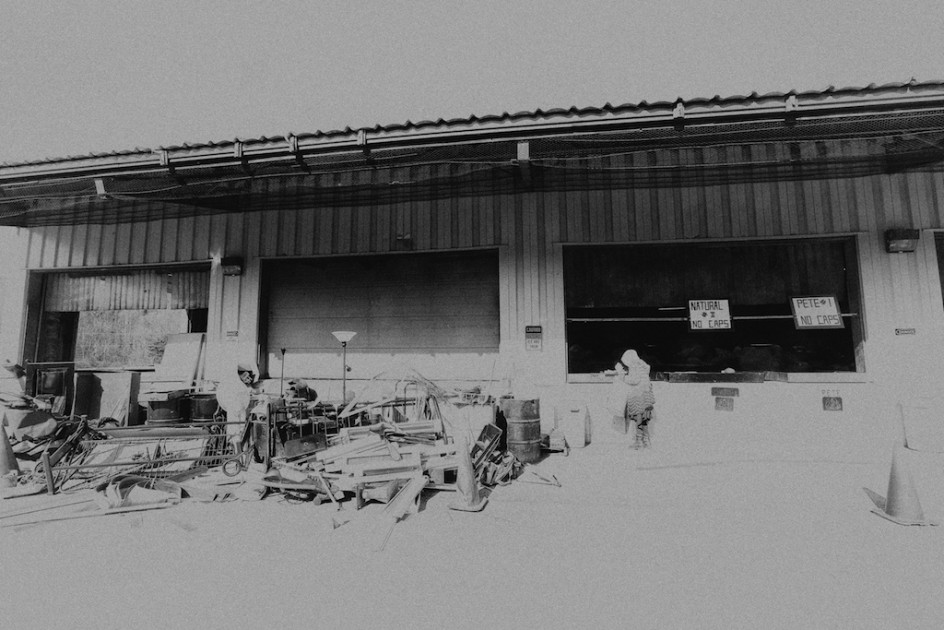
I went to see Anomalisa in Williamstown, Mass. The movie is a series of minor miracles and surprises, from the emotional depth of the animation to the Kickstarter campaign that funded it (more than 1,000 names on the credits list) to its continuous evolution from disturbing to uncomfortable to warm, tender and even heartbreaking.
Charlie Kaufman’s movie explores what it means to be human in the modern world. Perhaps it is apt that there is no human in the film, just richly animated characters who are meant to mirror the disconnection and inhumanity of life in the Corporate Nation. This is absolutely not a movie for everyone, much of it sailed right over my head, and I was dying to see it, giving up a long hike in the deep woods on a warm and sunny day. As I thought about it, talked about it with Maria and my daughter, went back and read about it, it began to take shape.
But when I left the theater, I turned to Maria and said “I have no real idea what that movie is about. Do you?” She didn’t, either.
While I love to think about movies, I had to think a bit too hard to understand that this radically unique, inventive and puzzling movie was trying to tell me. Michael Stone is a customer service expert who lives in Los Angeles and has traveled to Cincinnati to give a speech about customer service, and this, to me, is what Kaufman is really getting at in this movie.
He is also a jerk, selfish, angry and cruel. The fact that he writes best-selling books about customer services is telling.
Customer service is corporate speak for we will pretend to give a shit about you, but good luck getting real help or actually knowing anyone.
Everyone in our new world tells us the same thing – they love us and care about us, but almost all of us feel screwed and helpless whenever we have to deal with them. Part of this is because customer service reps do not represent customers or service, they are cannon fodder, at the bottom of the corporate food chain, voices and powerless bodies thrown between us and the avatars of greed and profit, safe in their private planes and boardrooms.
As Stone arrives in Ohio, he squirms and bristles with customer service. From the yakky and intrusive cab driver to the desk clerk to the bartender and creepy hotel general manager and bellman, Stone is in a world where everyone looks the same, has the same color eyes, talks the same. They all make him uncomfortable by their relentless, obsequious and false pretense of worrying about him.
He immediately calls his wife, who he clearly doesn’t care about, and is forced to talk to his son, who he doesn’t care about either, and then calls up a former lover that he hasn’t seen in a decade and who confronts him with his cruelty, dishonesty and heartlessness. There are precious few reasons to like this hero or care about what happens to him.
When he meets the very different Lisa, who has come to Cincinnati to hear him speak, he finally meets someone who doesn’t look and speak with everyone else, and he falls madly in love with her.
Stone is a neurotic and damaged narcissist who seems forever on the edge of a breakdown. We realize after awhile that the problem is not them, but him. He is disconnected, he sees everyone as being the same, but he is the one who is falling apart, who can’t see anyone in the world clearly, and is being torn apart by his sadness and confusion. He is the problem.
The film is a strange and unsettling conversation about love, loneliness and community. Many of the critics called it “heartbreakingly funny,” but I have to say I did not smile or laugh even once. It was not funny at all, and I found it cold and disheartening. The movie is meant to make us uncomfortable and it succeeds.
There is nothing wrong with that – it is an incredibly inventive movie – but the reviews did suggest something different to me, a poignant romp through the terrain of love and longing. I think it is better described as a horror movie about the symbolism of disconnection, customer service, and the arid cultural landscape of a world in which no one in authority is ever reachable, known or speaking the truth.
Michael Stone is a sick puppy, who hears a lot of awful voices in his head and has some nightmares straight out of Franz Kafka. I felt like I was attending one of those academic film discussions I was just not smart enough to fully grasp. I was not in sync with this movie, even though Kaufman is famous for not being comprehensible (I love his other films). A lot of people love this movie very much and are hailing it as both brilliant and groundbreaking.
At the end (I won’t give away the ending), nothing seems resolved, or even articulated. There is no resolution I could get my hands on.
“Anomalisa might be bizarre, surreal and far out, but it always feels paradoxically real, grounded and deeply true,” wrote on reviewer who gave the movie a 100 out of 100 rave.
There is some truth to that review, but it is also true that Kaufman pretty much abandoned us to figure out this movie on our own, you are just as like to leave the movie theater scratching your head as being deeply moved. Eggheads and academics will gobble it up and fight about it for years.


